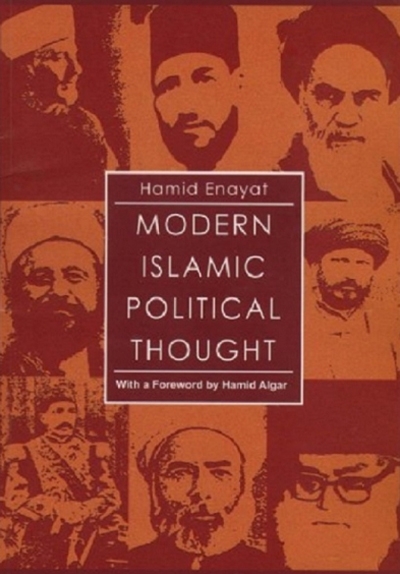



This lecture look at the Prophet [sAW], and his daughter Bibi Fatima [AS] who constitutes the link in between the Prophet [sAW] and the line of the Imams [AS]. Sometimes it has to be conceded that when an exposition is made of Shi’ism whether by it’s adherents or outsiders, inadequate attention is given to the person and the mission of the Prophet [sAW] only those intimate periods and aspects where the life of the Prophet [sAW] intersects decisively with the life of Imam Ali [AS] – only then is particular importance given to the Prophet [sAW]. However there is no doubt that the person and the accomplishment of the Prophet [sAW] is essential to the Shi’i historical consciousness as it is important to the consciousness of other Muslims.
1Discussion of the importance of the Qur'an in Shi'ism, beginning with the use of the Hadith of Thaqalayn to show the special relationship between the Qur'an and the Ahlul Bayt. A general outline of beliefs about the Qur'an that are shared by all Islamic schools of thought follows, including the revelation, Divine and miraculous nature, preservation and purpose of the Qur'an. More specifically then, the Qur'an in Shi'ism is discussed, as is the role of the Prophet and the Imams as instructors in understanding the Qur'an. Also, a definition of Muhkam (firm) and Mutashabih (metaphorical) verses of the Qur'an, and the differences in Shi'i and Sunni beliefs in the interpretation of Mutashabih verses. Also includes an introduction to specific Qur'anic verses relevant to Shi'ism, beginning with verse 5:55.
1The present article was published by Shahid Shaqaqi in Egypt. It was translated into English and first published by the Islamic Propagation Organization of the Islamic Republic of Iran, in Canada, with the title, Sunni vs. Shi'ah: A Pitiful Outcry, and under the pen name of the author, Ezzoddin Ibrahim.
1In the aftermath of the triumph of the Islamic Revolution in Iran, publications on Islam and politics began to flood the academic and pseudo-academic book market in the West. In the midst of such staggering amount of writings, whether of a serious or pamphleteering type, this book offers a lucid and well-argued interpretations of modern Islamic political thought that is indispensable for the understanding of much of the current political developments in the Muslim world. Hamid Enayat's Modern Islamic Political Thought, first published in 1982, at once distinguished itself from its mass of turgid competitors . It was the fruit not of a sudden adjustment of focus but of a longstanding interest, of prolonged reflection, rich and varied experience, and real erudition.
1What follows is the Fatwa (religious verdict/ruling) of one of the Sunni world’s most revered scholars, Shaikh Mahmood Shaltoot with regard to the Shi’a. Shaikh Shaltoot was the head of the renowned al-Azhar Theological school in Egypt, one of the main centers of Sunni scholarship in the world. It should be of interest to know that a few decades ago, a group of Sunni and Shi’a scholars formed a center at al-Azhar by the name of "Dar al-Taqreeb al-Madhahib al-Islamiyyah”which translates into "Center for bringing together the various Islamic schools of thought".
1
